Home>Articles>Why Does My Ryobi Power Washer Keep Shutting Off
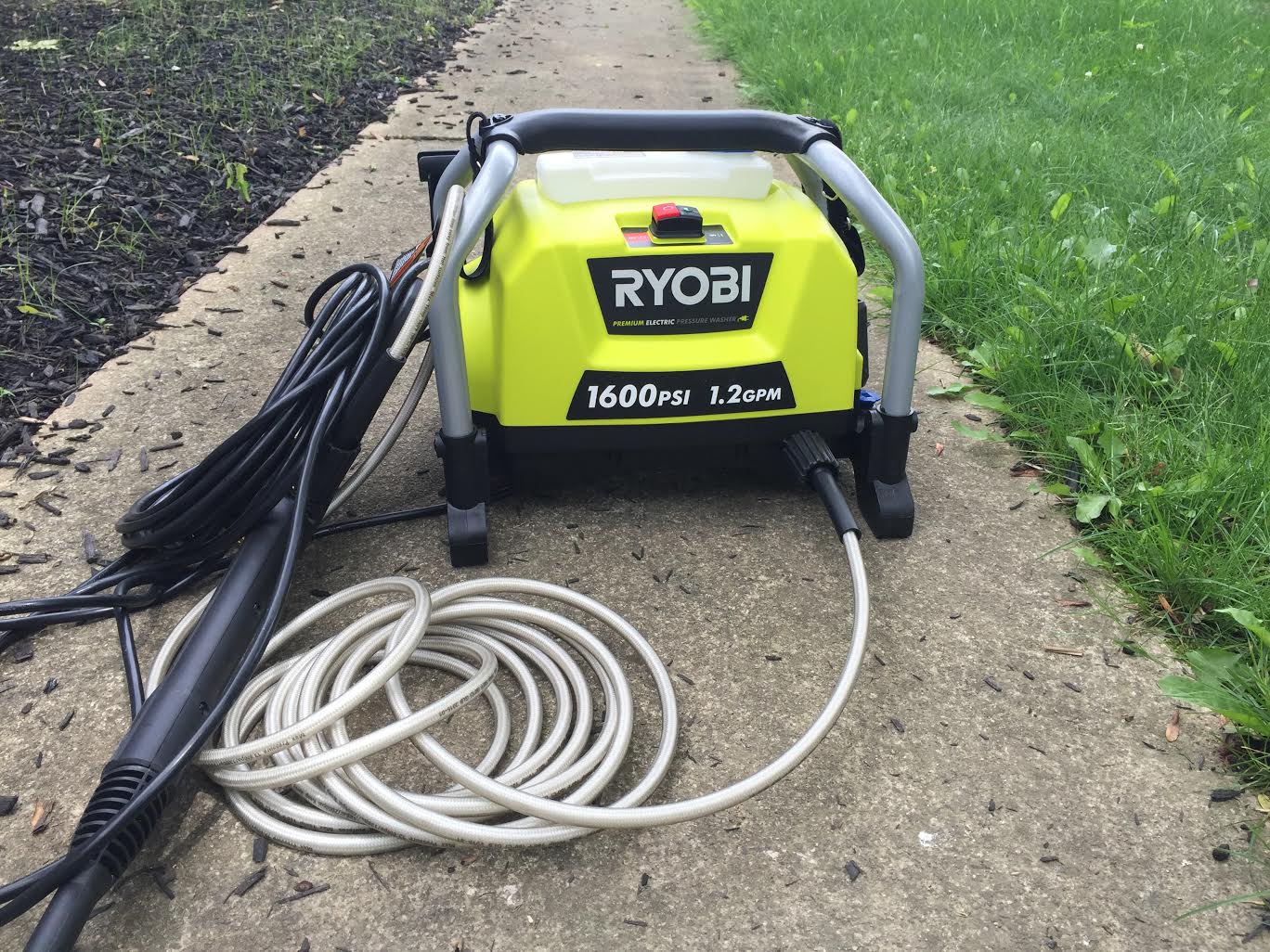

Articles
Why Does My Ryobi Power Washer Keep Shutting Off
Modified: May 6, 2024
Discover why your Ryobi power washer keeps shutting off and learn some helpful tips and articles on how to fix and prevent this common issue.
(Many of the links in this article redirect to a specific reviewed product. Your purchase of these products through affiliate links helps to generate commission for Storables.com, at no extra cost. Learn more)
Introduction
A power washer, such as a Ryobi power washer, is a convenient tool for cleaning a wide range of surfaces. Whether you are washing your car, cleaning your patio, or removing grime from your home’s exterior, a power washer can make these tasks quick and efficient. However, it can be frustrating when your power washer keeps shutting off unexpectedly. Understanding the common reasons for this issue and learning how to troubleshoot and prevent it can help you get the most out of your power washer.
There are several potential reasons why your Ryobi power washer may keep shutting off. It could be due to insufficient water flow, a clogged or dirty nozzle, engine overheating, low oil level, a faulty spark plug, or issues with the pressure relief valve. By identifying and addressing these issues, you can ensure that your power washer operates smoothly and efficiently.
In this article, we will explore the common reasons for power washer shutdowns and provide step-by-step troubleshooting solutions. We will also offer some additional tips to help you prevent your power washer from shutting off in the first place.
Key Takeaways:
- Keep your Ryobi power washer running smoothly by addressing common issues such as insufficient water flow, clogged nozzles, engine overheating, low oil levels, faulty spark plugs, and pressure relief valve problems.
- Prevent unexpected shutdowns by using a proper water source and hose, maintaining regular engine maintenance, avoiding overloading or excessive use, and protecting your power washer from extreme weather conditions.
Read more: Why Does My Ryobi Mower Keep Shutting Off
Common Reasons for Power Washer Shutting Off
A power washer shutting off unexpectedly can be frustrating, but it is often caused by specific issues. Let’s take a closer look at some of the common reasons why your power washer may keep shutting off:
- Insufficient water flow: One of the main culprits behind a power washer shutting off is insufficient water flow. If there isn’t enough water reaching the pump, it can strain the system and cause it to shut down. Ensure that your water supply is adequate and that the hose isn’t kinked or damaged.
- Clogged or dirty nozzle: A clogged or dirty nozzle can restrict the flow of water, resulting in decreased performance or even a complete shutdown. Take the time to clean or replace the nozzle regularly to maintain proper water flow and prevent any blockages.
- Engine overheating: Your power washer’s engine can overheat if it is used continuously for an extended period or if operating in hot weather conditions. When the engine temperature rises too high, a safety feature may automatically shut it off. Allow the engine to cool down before restarting and consider taking breaks during prolonged use.
- Low oil level: Insufficient oil levels can cause your power washer’s engine to shut off. Ensure that the oil level is within the recommended range and top up if necessary. Regularly check and maintain the oil level to avoid any interruptions in power washer performance.
- Faulty spark plug: A faulty spark plug can disrupt the ignition process, causing your power washer to shut off unexpectedly. Check the spark plug for signs of wear or damage and replace it if necessary. A properly functioning spark plug is essential for consistent power washer operation.
- Pressure relief valve issues: The pressure relief valve is designed to help regulate pressure and protect the power washer from damage. However, if the valve is faulty or not adjusted correctly, it can cause unnecessary shutdowns. Inspect the pressure relief valve and make any necessary adjustments or repairs.
Identifying these common reasons for a power washer shutting off is the first step in troubleshooting and resolving the issue. In the next section, we will outline the necessary steps to fix these problems and ensure the smooth operation of your power washer.
Troubleshooting Steps to Fix Power Washer Shutting Off
If your power washer keeps shutting off, there are specific troubleshooting steps you can take to address the issue. Here are some effective solutions to common power washer shutdown problems:
- Check water supply and flow: Ensure that your power washer is receiving an adequate water supply. Check the water source and hose for any obstructions or leaks. Make sure that the water flow is strong and consistent, as insufficient water flow can cause the power washer to shut off. Adjust the water pressure if necessary and remove any blockages.
- Clean or replace nozzle: A clogged or dirty nozzle can disrupt the water flow and cause the power washer to shut off. Remove the nozzle, clean it thoroughly with water or a nozzle cleaning solution, and inspect for any damages. If the nozzle is severely clogged or damaged, consider replacing it with a new one to ensure optimal performance.
- Allow engine to cool down: If your power washer’s engine is overheating, it will shut off as a safety measure. In such cases, allow the engine to cool down for a while before restarting. Locate the engine cooling vents and ensure they are not obstructed by debris. Consider taking breaks during prolonged use to prevent overheating.
- Check and refill oil level: A low oil level can cause your power washer to shut off. Check the oil level using the dipstick or oil level indicator. If the oil level is below the recommended range, add the appropriate oil type as specified in the user manual. Regularly check and maintain the oil level to prevent interruptions in power washer performance.
- Inspect and clean spark plug: A faulty spark plug can cause the power washer to shut off unexpectedly. Remove the spark plug and inspect it for signs of wear, damage, or carbon buildup. Clean the spark plug electrodes using a wire brush or replace it if necessary. A properly functioning spark plug is crucial for reliable power washer operation.
- Test and adjust pressure relief valve: The pressure relief valve helps regulate the pressure inside the power washer and protects it from damage. If the valve is not functioning correctly, it can cause the power washer to shut off unnecessarily. Inspect the pressure relief valve for any defects, debris, or misalignment. Test its functionality and adjust it according to the manufacturer’s instructions if needed.
By following these troubleshooting steps, you can address common issues that lead to a power washer shutting off. However, if the problem persists or requires more advanced repairs, it is advisable to consult a professional or refer to the manufacturer’s support for further assistance.
Check the fuel and oil levels to ensure they are adequate. Also, clean or replace the air filter and spark plug to ensure proper engine function.
Additional Tips to Prevent Power Washer Shutting Off
Preventing your power washer from shutting off unexpectedly not only ensures uninterrupted operation but also extends its lifespan. Here are some additional tips to help you keep your power washer running smoothly:
- Use proper water source and hose: Ensure you connect your power washer to a reliable and clean water source. Avoid using hot water or water from an unfiltered or untreated source, as it can damage both the power washer and the nozzle. Additionally, choose a high-quality hose that can withstand the pressure and flow rate required by your power washer.
- Maintain regular engine maintenance: Proper maintenance of your power washer’s engine is crucial to prevent unexpected shutdowns. Follow the manufacturer’s guidelines regarding regular engine maintenance, such as changing the oil, replacing filters, and inspecting the fuel system. Keeping the engine in good condition will improve its performance and reliability.
- Avoid overloading or excessive use: Power washers are designed for specific applications and usage limits. Avoid overloading the power washer with tasks beyond its capabilities or using it excessively for prolonged periods. These practices can strain the machine and lead to overheating or other issues, causing it to shut off unexpectedly. Use your power washer responsibly and give it time to rest between uses.
- Protect power washer from extreme weather: Extreme temperatures, whether hot or cold, can affect the performance of your power washer and contribute to shutdowns. Whenever possible, store your power washer in a clean, dry, and climate-controlled area. Avoid exposing it to direct sunlight, rain, snow, or other harsh weather conditions. Protecting your power washer from extreme weather will help maintain its functionality and prevent potential problems.
By incorporating these additional tips into your power washer maintenance routine, you can greatly reduce the chances of unexpected shutdowns and ensure optimal performance. Remember to always refer to the manufacturer’s instructions and guidelines for the specific model of your power washer.
Conclusion
A power washer shutting off unexpectedly can be a frustrating experience, but understanding the common reasons behind it and taking the necessary steps to troubleshoot and prevent it can help you maximize the performance and longevity of your power washer.
In this article, we discussed the common reasons why a power washer, such as a Ryobi power washer, may keep shutting off. From insufficient water flow and clogged nozzles to engine overheating, low oil levels, faulty spark plugs, and pressure relief valve issues, each of these factors can contribute to unexpected shutdowns.
We also provided troubleshooting steps to fix these problems, such as checking the water supply and flow, cleaning or replacing the nozzle, allowing the engine to cool down, checking and refilling the oil level, inspecting and cleaning the spark plug, and testing and adjusting the pressure relief valve.
Additionally, we offered some additional tips to prevent power washer shutdowns, like using a proper water source and hose, maintaining regular engine maintenance, avoiding overloading or excessive use, and protecting the power washer from extreme weather conditions.
By implementing these measures, you can minimize the chances of your power washer shutting off unexpectedly and ensure smooth and reliable operation for all your cleaning tasks.
Remember, it is always important to consult the manufacturer’s guidelines and seek professional assistance if needed for advanced repairs or prolonged issues. With proper care and maintenance, your power washer can continue to provide you with efficient and effective cleaning power for years to come.
Interested in keeping your power tools running smoothly? If you've managed to fix your Ryobi power washer from shutting off unexpectedly, you might now be puzzled by another common tool hiccup: a non-starting power washer. Our next article covers all you need to know about this frustrating issue, offering practical solutions and preventative measures. Don't let equipment troubles slow you down; find out how to tackle power washer issues effectively with our handy guide.
Frequently Asked Questions about Why Does My Ryobi Power Washer Keep Shutting Off
Was this page helpful?
At Storables.com, we guarantee accurate and reliable information. Our content, validated by Expert Board Contributors, is crafted following stringent Editorial Policies. We're committed to providing you with well-researched, expert-backed insights for all your informational needs.
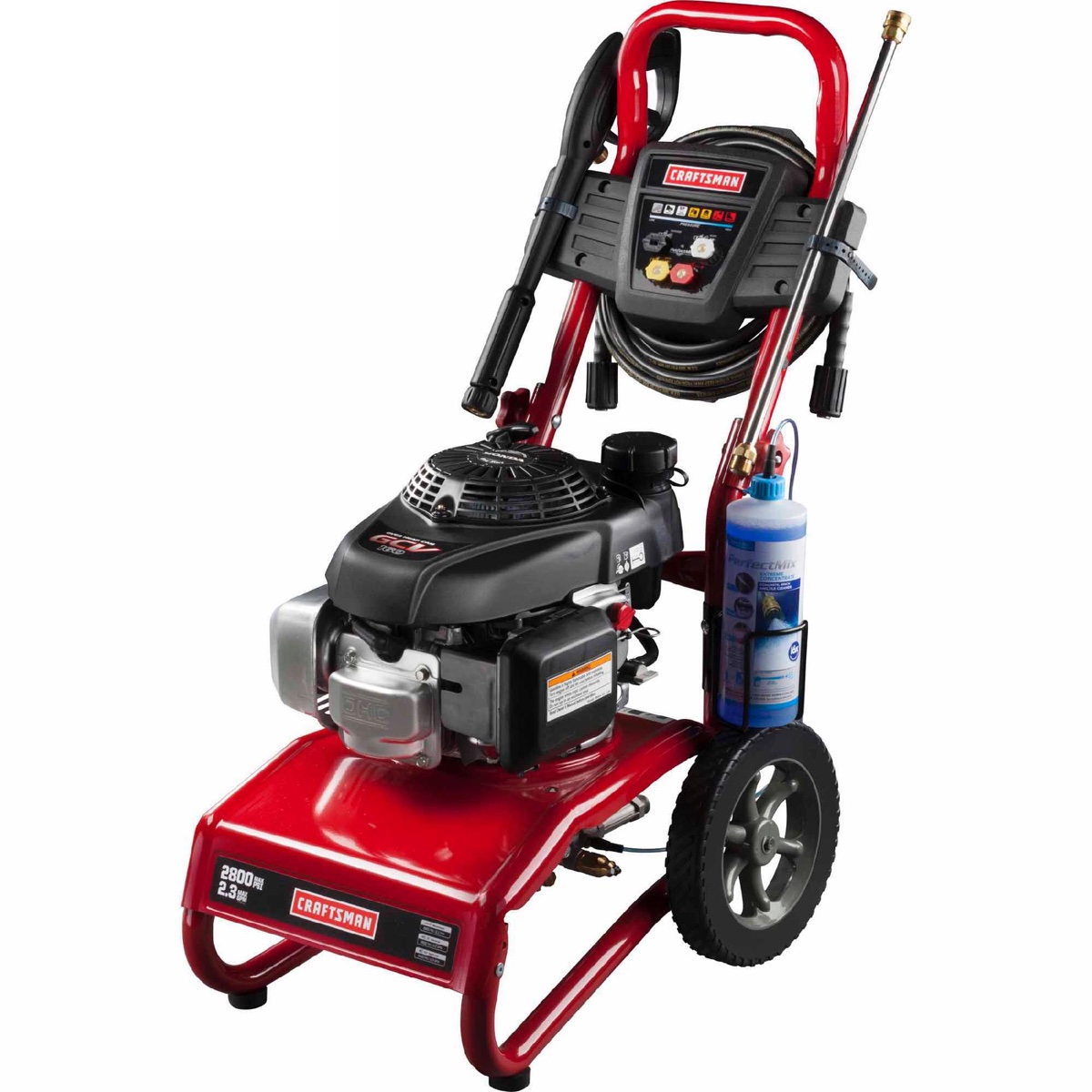
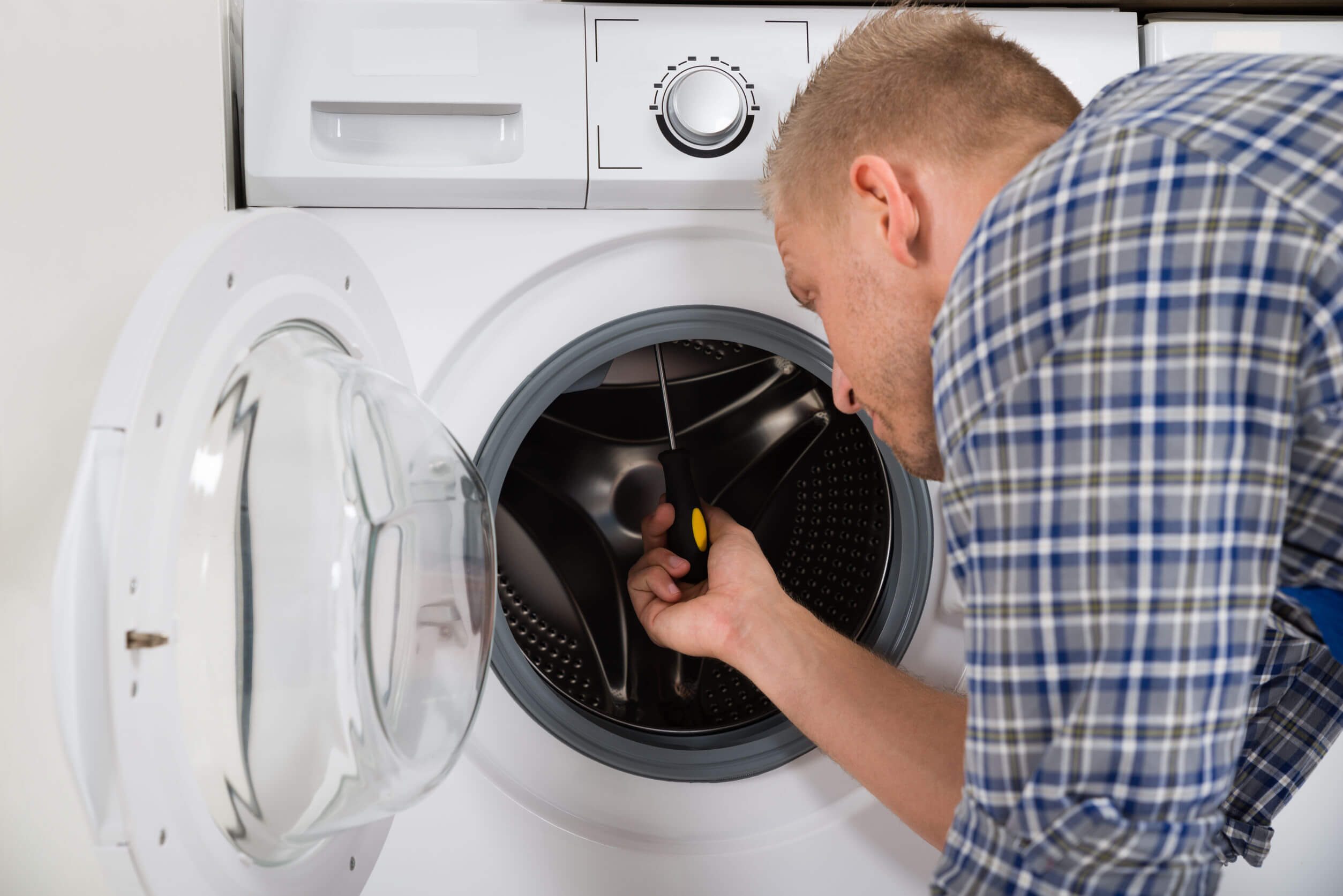
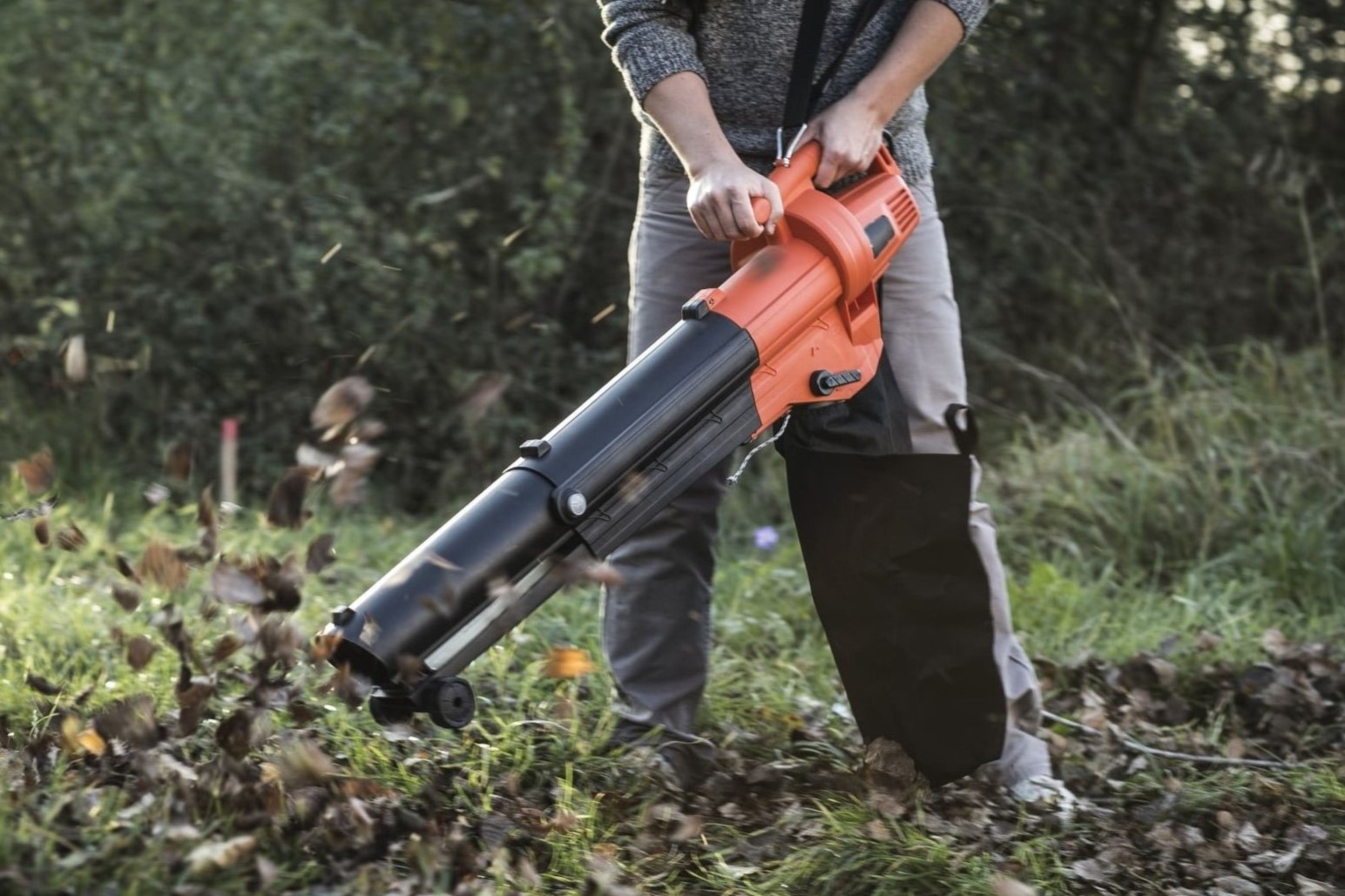
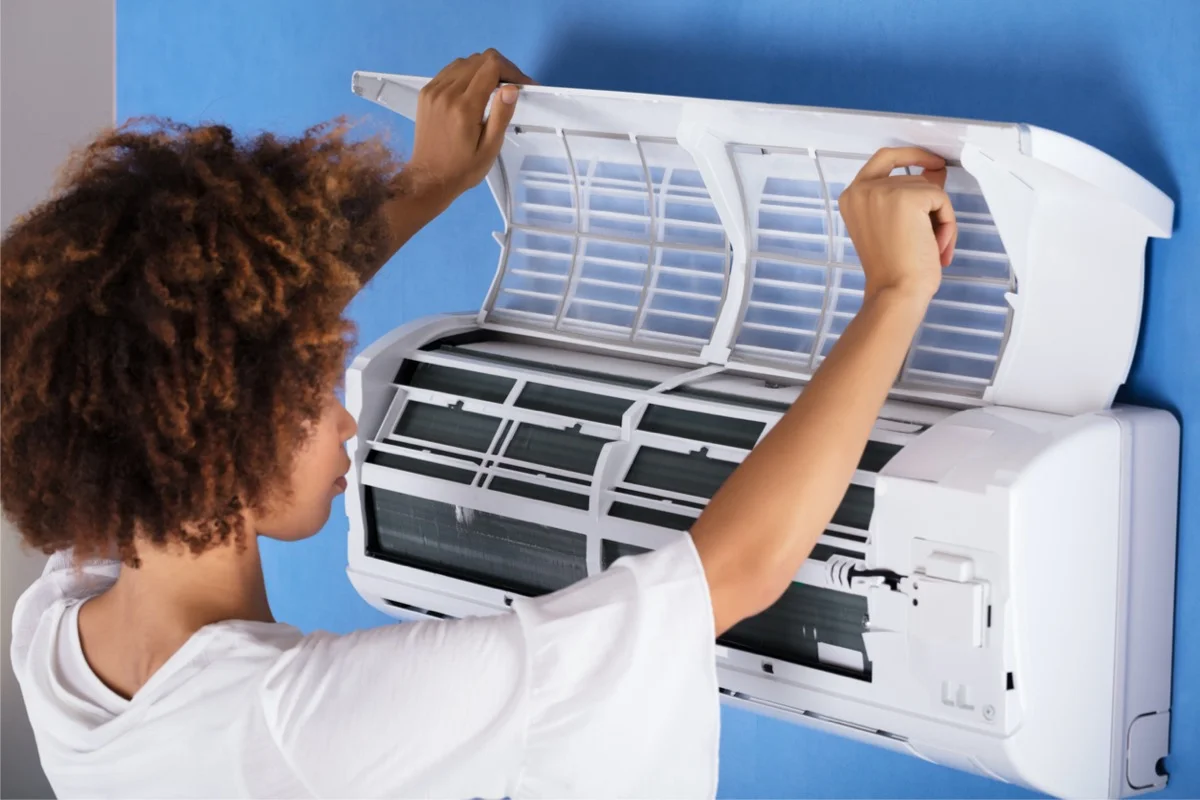
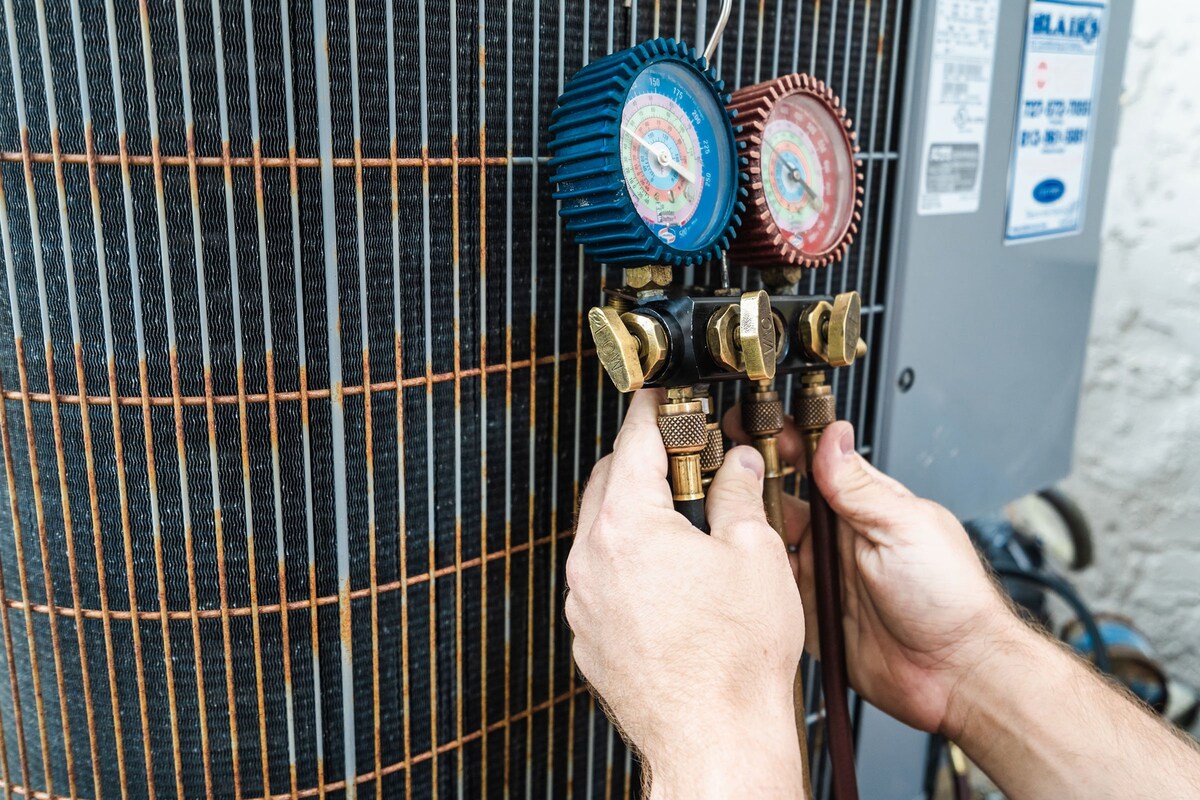
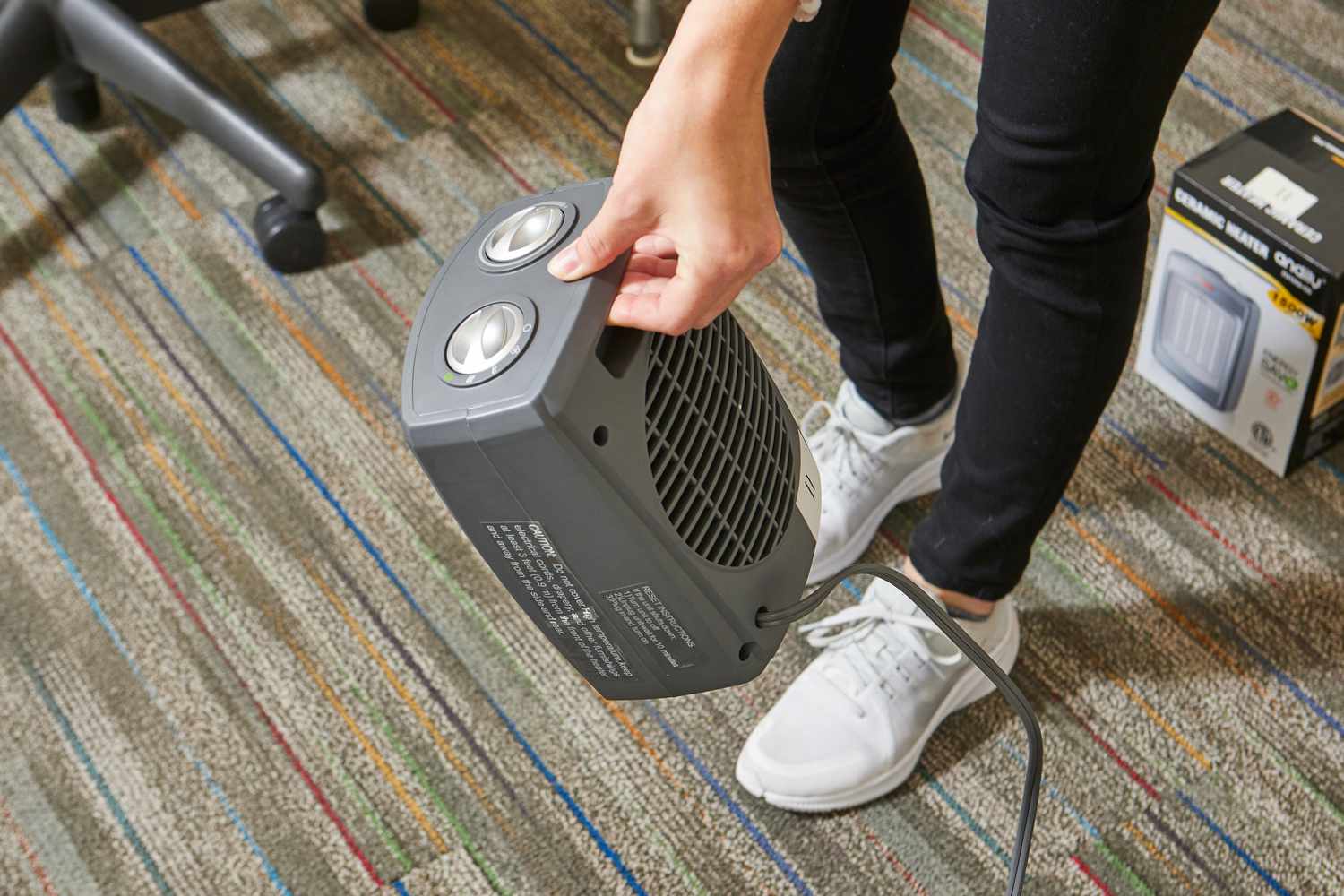
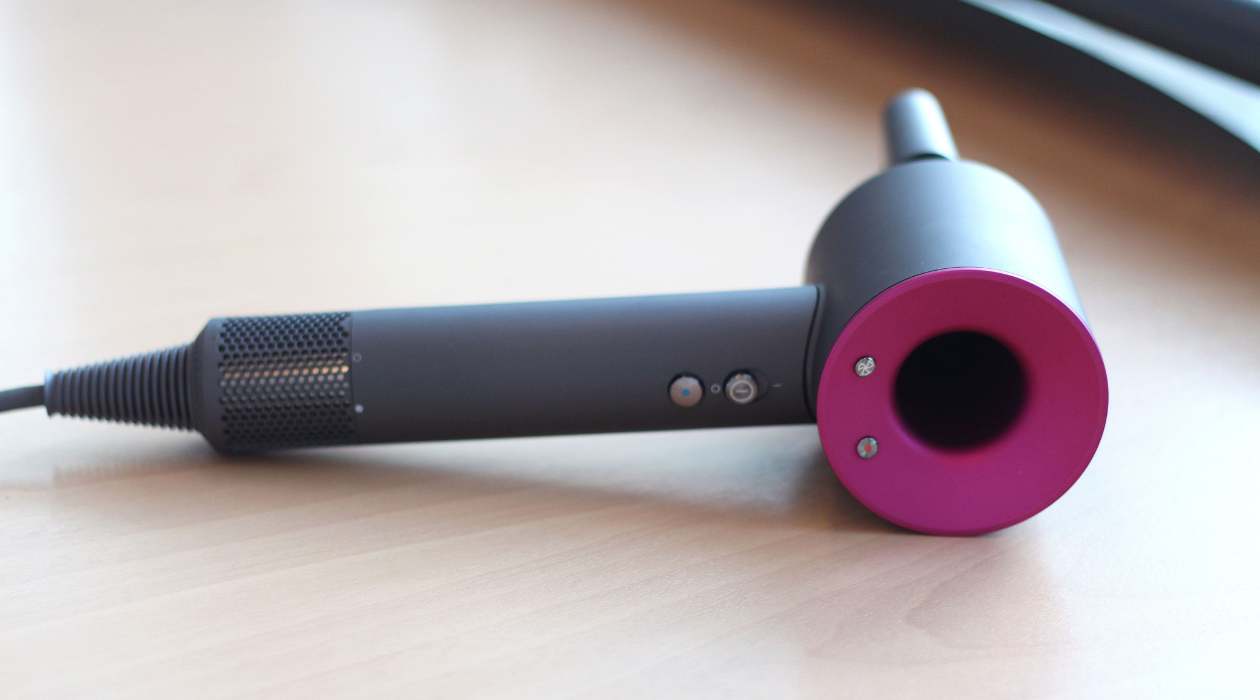
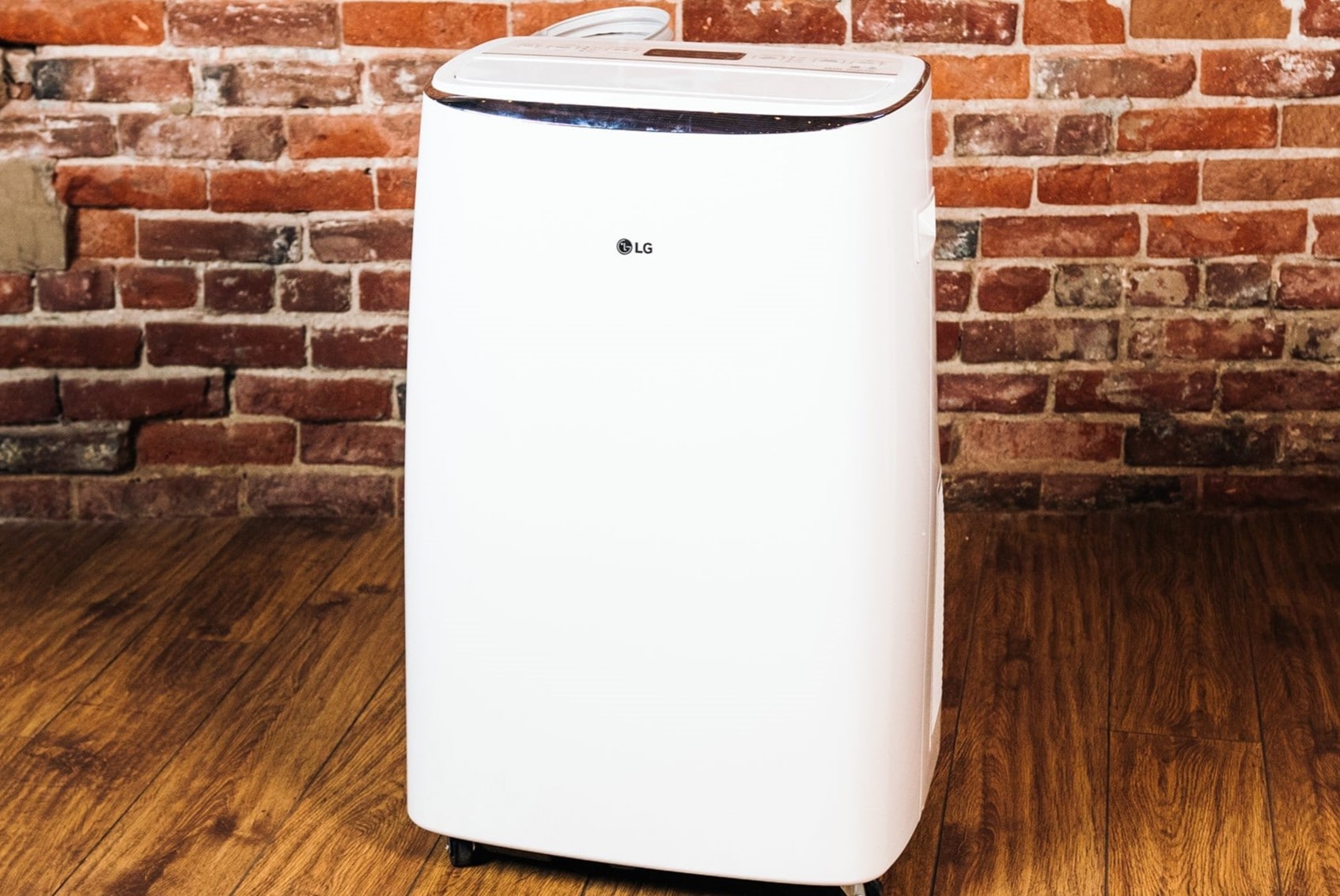
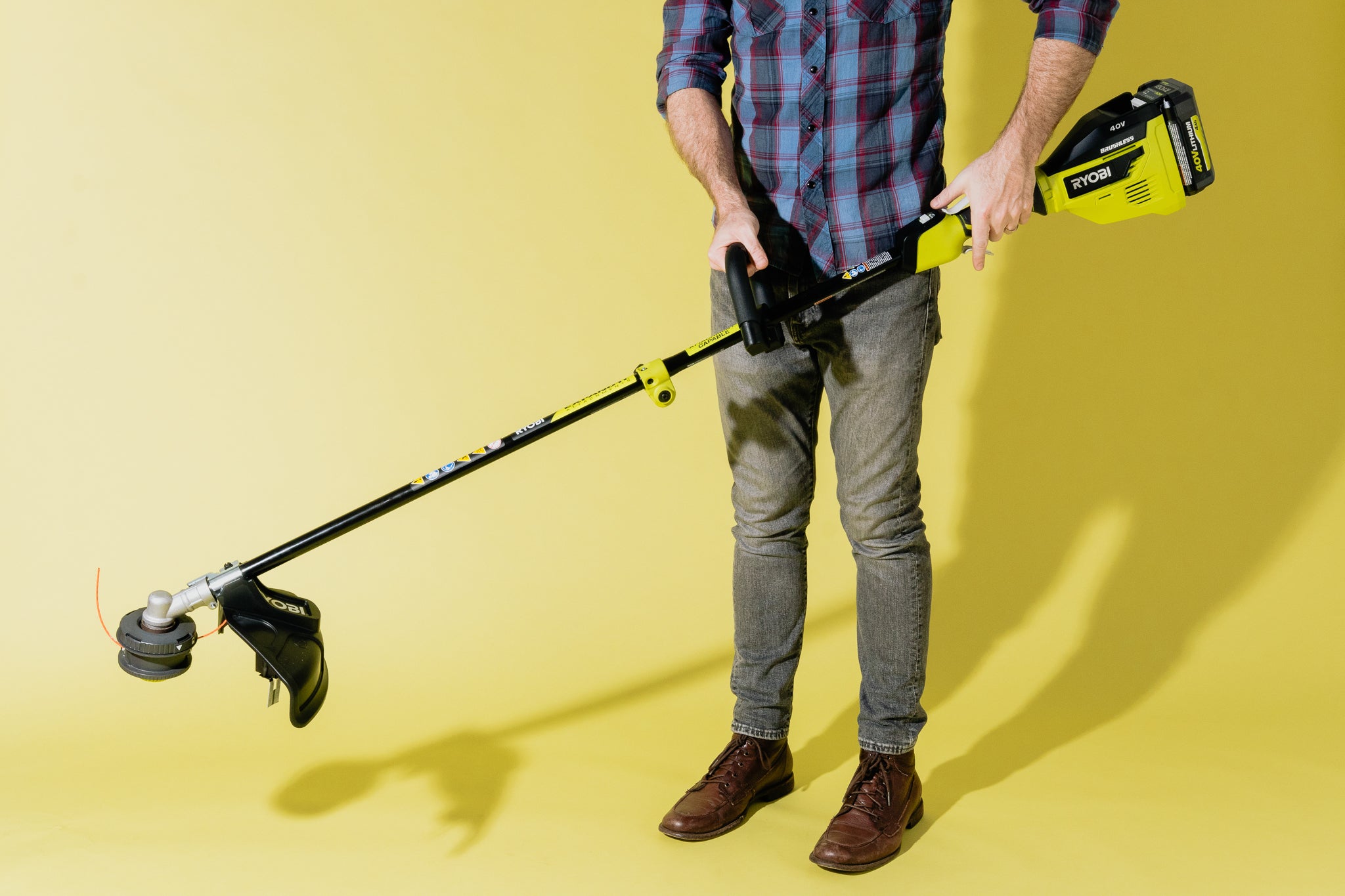
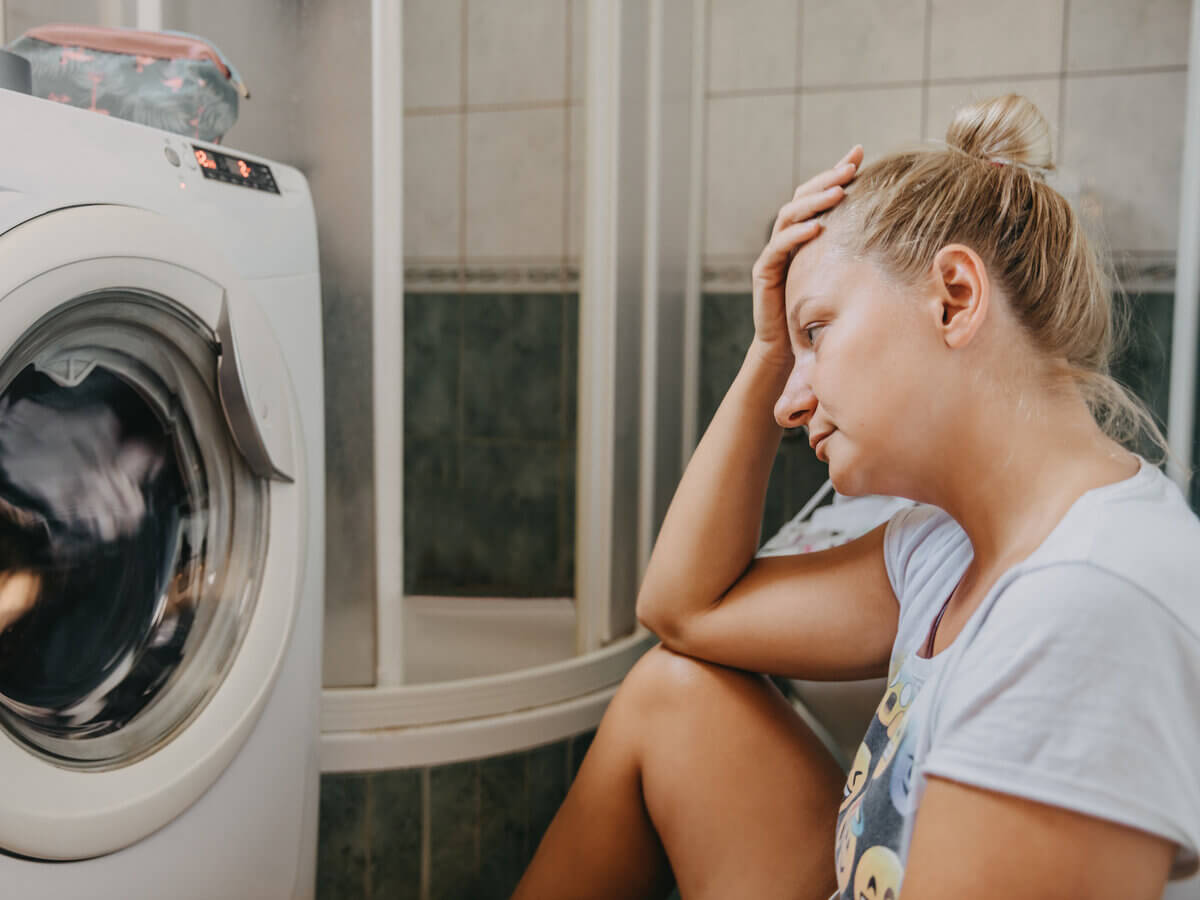
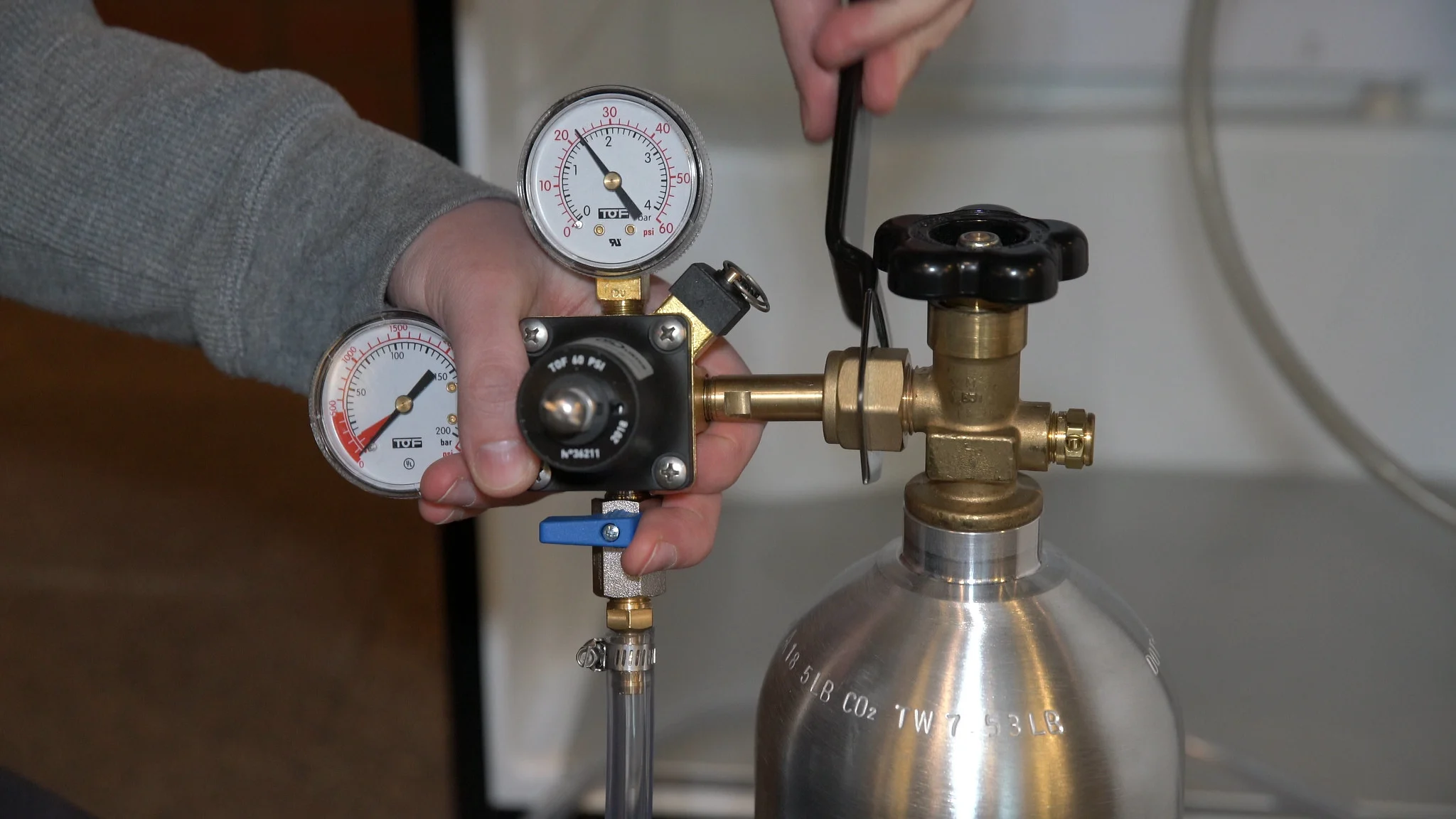
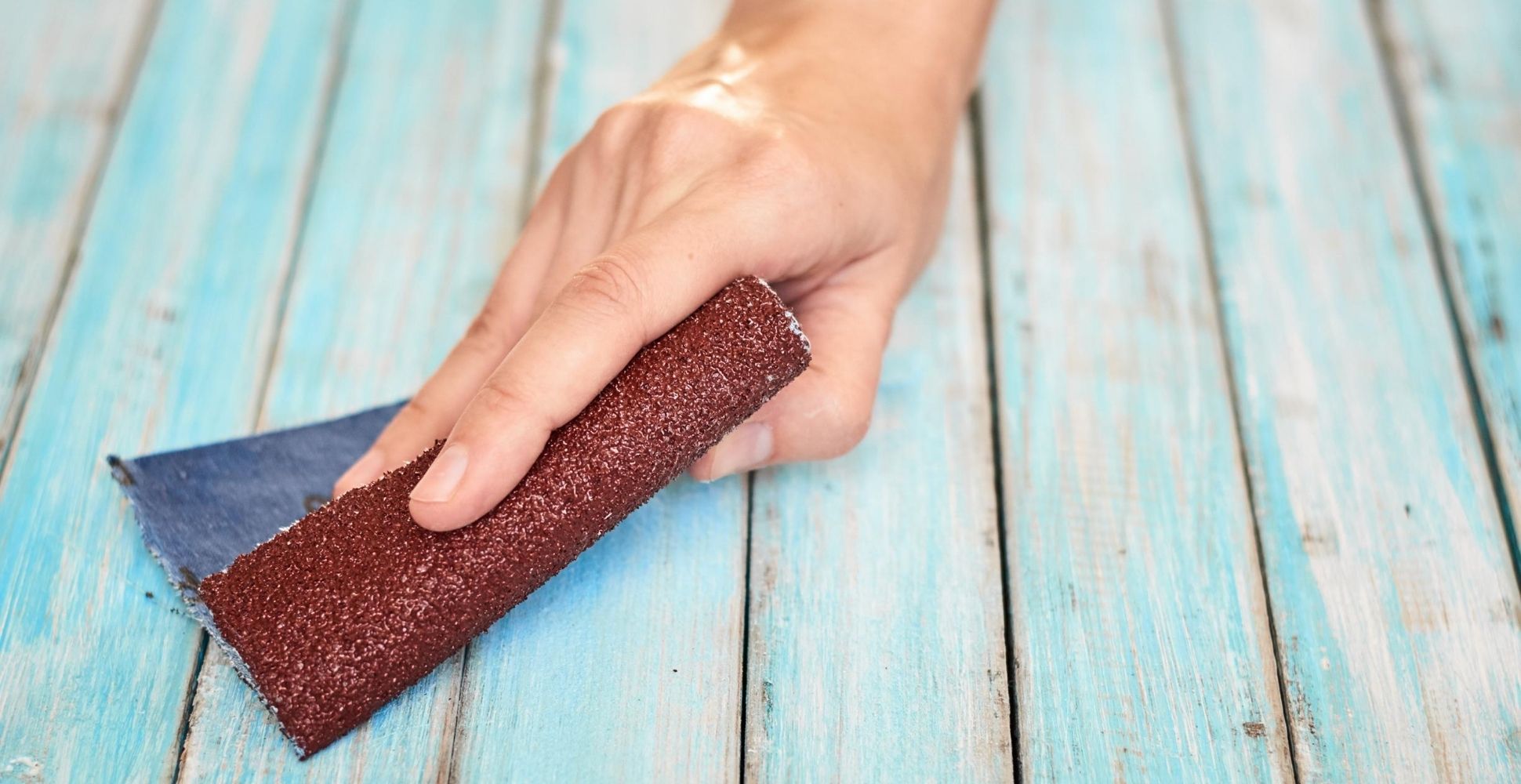
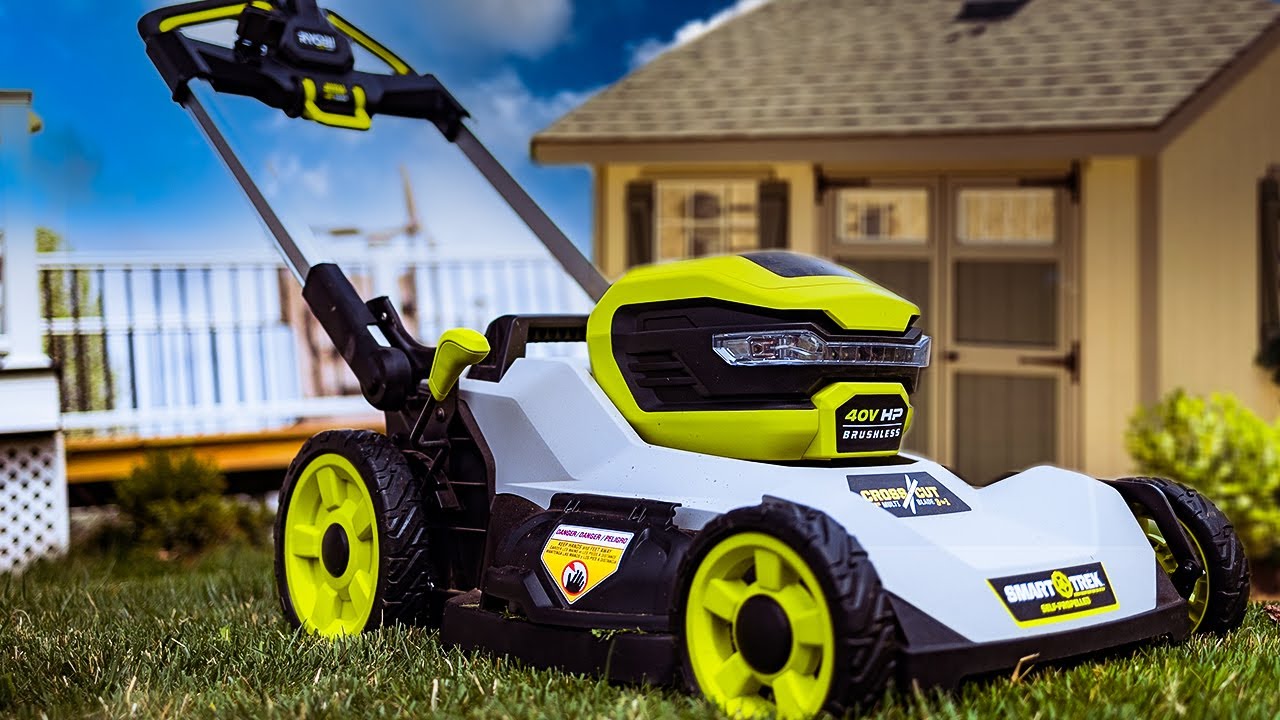
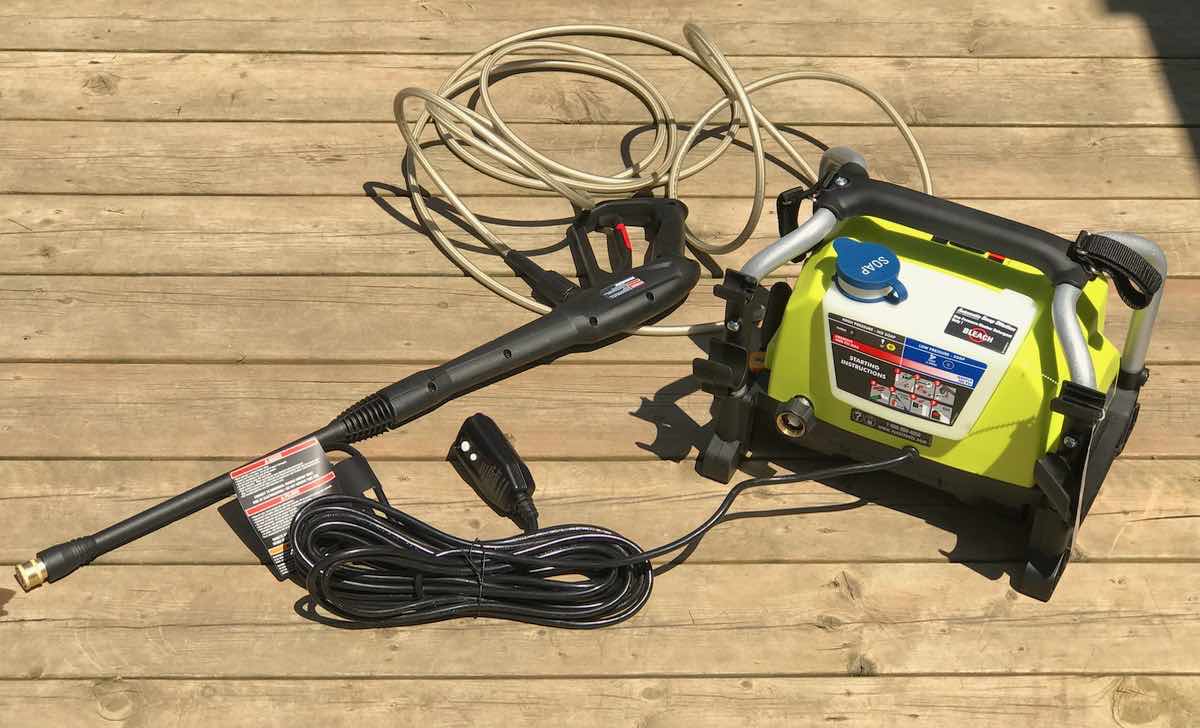
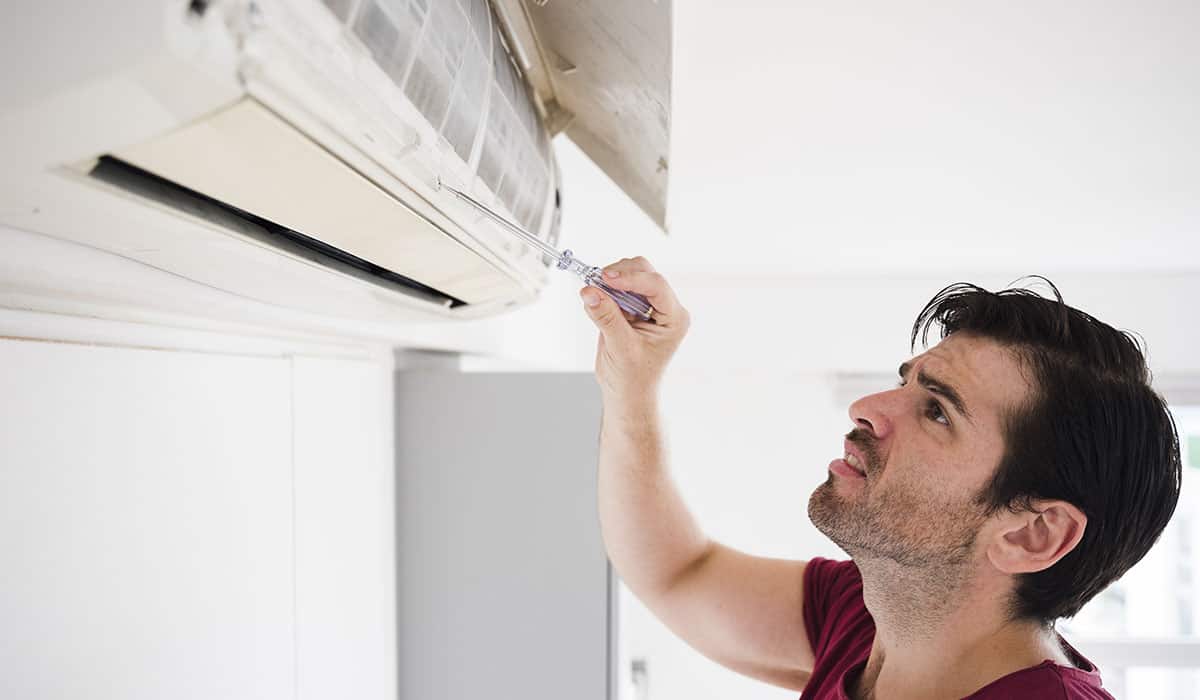

0 thoughts on “Why Does My Ryobi Power Washer Keep Shutting Off”